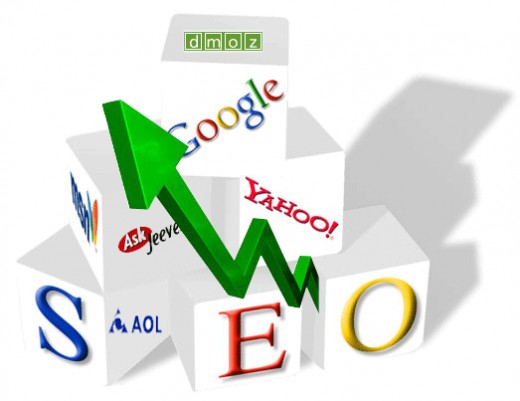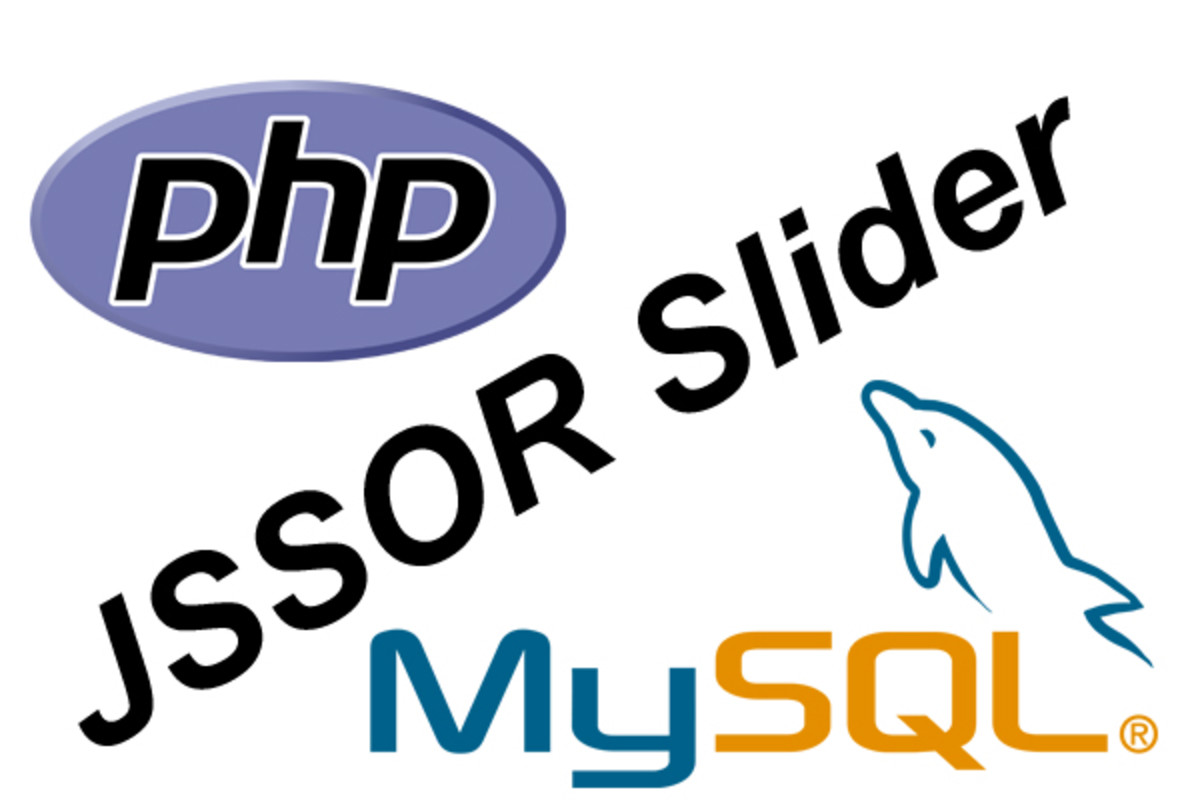Website SEO: 4 Easy, Free, Quick Ways to Make Your Site Search Engine Friendly
Website SEO the Easy, Free Way!
When it comes to website SEO, there are a hundred and one things you can do to tweak your site to make it easy for search engines to find it and send traffic to it. For example, there’s pay per click marketing; there’s hand submitting it to directories (which is a waste of time in my opinion); there’s writing interesting, informative content; etc.
But, the following are SEO web design basics you should do – for every single page on your website blog. If you don’t learn anything else about website SEO, get in the habit of doing the following consistently and you will make it easy for search engines to find your site, deliver it high in search results and start increasing your sales and leads.
I) Write Your Meta Tags: If you still have pages in HTML, the three most important meta tags, according to accepted internet marketing wisdom are the Title, Description and Keyword tags.
Website SEO: The 3 Most Important Meta Tags Explained
The title tag is arguably the most important meta tag, for it tells search engine spiders what a specific page on a website is all about. It is the description that is displayed in your web browser’s window at the very top of the page (that white writing that appears across the top).
Many companies make the mistake of having the same title tag on every page of their site. This is not helpful to search engines. Each page on your site should be treated as its own separate entity; hence, it should have its own unique title. This is especially true if you carry many different products across many different categories.
Your title tag should contain some of your high-traffic keyword phrases and should explain exactly what the surfer can expect to find on that particular page (as opposed to your entire site).
Many site owners will begin their title tag with their company name. In terms of website SEO, this means diddly squat to search engines. Your title tag should start with a high-traffic keyword that describes what the web surfer will find on that page. Access any page of my SEO writing website to see what I mean.
The description tag is what surfers read when your site pops up in organic search results. It helps them decide whether or not to even click on your site, so you definitely want this tag to be present – and accurate.
The keyword tag is a thorough list of words and phrases that best describe your site. To satisfy website SEO guidelines for getting more traffic, your keyword tags should be directly relevant to the specific page at hand. They can also contain keywords that are relevant to your site as a whole.
While many don’t put a lot of stock in meta tags, they should be written for every page on your site – if for no other reason than they give search engine spiders more information about your site. This makes it easier for them to properly categorize it.
II) Fill It With Keyword Rich Text: In website SEO, a search engine friendly page on your blog/site should be filled with keyword-rich text. What are keywords?
Keywords are the words/phrases web surfers type in to find stuff on the internet. Having content on your site with relevant keywords sprinkled throughout will help search engine spiders discern what the site is all about – and return it in search results.
This is usually accomplished via SEO articles, which can be about anything you want. The more content (eg, SEO articles) you have on your site, the better. This is one of the foundational rules of website SEO by the way.
The key to success with keywords is to use actual words and phrases that real web surfers type into search engines.
This is what keyword discovery and keyword analysis are all about. Once you find out what these popular phrases are, then you can write (or hire an SEO copywriter to write) keyword-rich articles.
SEO copywriters know the intricacies of website SEO, eg, how to use the right keyword density, how to write attention-grabbing headlines; where to place keywords in text so that search engines rank a particular page high in search results; etc. These are just some of the reasons SEO copywriting is a highly valued skill.
III) Keep Things Like Flash & Images to a Minimum: Search engine spiders like text, for it gives them the information they need to do their job. Without getting too technical, a website with things like Flash and a lot of images makes it very hard for spiders to judge what a site is about.
If you happen to have a site like this, at the very least name the images using keyword-rich words and phrases. For example, instead of naming an image photo1.jpg, name it mustang-auto-parts1.jpg (if you have a site that sells mustang auto parts, for example). This way, when search engine spiders crawl your site, they’ll have some real, descriptive text to grab on to.
Also, block as much text together as you can. This way, search engines can at least get an idea of what your site is about.
A note about flash and other web imagery: Unless your site caters to an industry where this is important, leave it out. When most people surf the web, they want INFORMATION. And, they want it as quickly as possible. So while Flash may make your site look cutting edge, in terms of website SEO, it could be losing you business because many surfers will simply click away.
IV) Get Backlinks: Backlinks are probably the single most important thing you can do to make your site more search engine friendly, after writing search engine optimized content.
What are backlinks?
Backlinks are simply links back to your website. They are also known as inbound links. And, the reason they are so important is that search engines like them.
A very important note about backlinks: You want one-way backlinks, not reciprocal links. What’s the difference? One-way backlinks are sites that link back to yours. Reciprocal links are where you trade links with another site (eg, you link to my site and I’ll link to yours).
Search engines rank sites with lots of one-way backlinks higher than those with reciprocal links because they are seen as more of an authority site. Think about it this way, if a site has a lot of one-way backlinks, that means a lot of people find the information on that site relevant enough that they link to it (ie, share it), without any return favor.
A site with a lot of reciprocal links ranks lower because it’s kind of like a conspiracy, eg, you scratch my back, I’ll scratch yours. Which site would you trust more – the one that everybody recommends even though they get nothing out of it, or one that has a lot of reciprocal links?
How to get backlinks?
Article marketing is a very effective strategy, for it spreads your content far and wide on the web. By allowing others to publish your content on their site, in their newsletter, on their blog, in forums, etc., you earn a backlink every time the link appears. This is gold in terms of website SEO, for it’s like gossip, it spreads far and wide (which makes search engines pick up and take notice).
Social media marketing is another way to get backlinks. This is interacting on sites like Twitter, MySpace and Facebook. One article on your site or post on your blog that goes viral can bring in thousands of visitors. And this is what website SEO is all about.
Free Website SEO Tips









